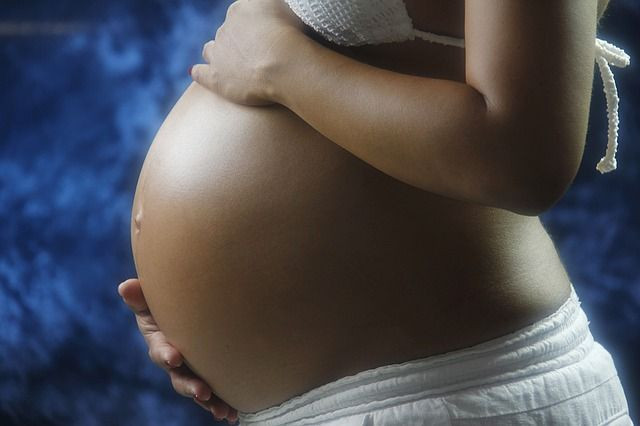Best Self-Care For Your Body After Baby

For new mothers, it may seem like they’ve spent the past nine months meticulously looking after their bodies for the sake of their little ones, and even following the birth, the child's health needs often come first. However, a healthy mom is a happy mom. Here are some great tips for the best things you can do for your body after having a baby to ensure that you’re feeling your best.
Rest Up And Relax
Whether you delivered vaginally or via c-section, you’re likely to be very sore post-delivery. In addition, it’s likely that if you delivered vaginally you have fresh stitches to repair tears “down there,” something that U.S. News said occurs in about 65 percent of women who deliver naturally. For vaginal soreness, it’s best for women to just take it easy for a few week. Try and stay away from tampons or douches and even sex for four to six weeks after you’ve had a child.
Along the lines of taking it easy, your feet and ankles may continue to swell even after you’ve delivered your child, so it may be beneficial to keep your feet elevated, just as you did when you were pregnant, to reduce discomfort associated with the swelling, Women’s Health reported.
Another common but often ignored part of postpartum health is the baby blues. Feelings of depression usually are brought about by changing hormones, anxiety about caring for the baby, and lack of sleep. First off, it’s important to discuss these feeling with others. They are normal and usually go away quickly, but if they persist for longer than a few weeks, it's important to discuss treatment options with a doctor.
Be Patient And Eat Well
Many women also experience incontinence, or the inability to control their urine, after they give birth. This is nothing to worry about and a completely normal part of the post-birth body. Incontinence occurs because the pressure on your pelvic muscles while carrying a baby and giving birth weakens them. It occurs in women who both deliver vaginally and via c-section. Kegel exercises, which help to strengthen the pelvic wall, can help your bladder control return to normal, U.S. News reports.
Pregnancy can also bring about constipation and hemorrhoids. Just as pregnancy and childbirth can stress your bladder and cause incontinence, they can stress your rectum and cause hemorrhoids as well. Women are advised to simply make sure they drink enough water and eat lots of fruit and vegetables to ensure that bowel movements are as painless and stress-free as possible.
Published by Medicaldaily.com



























